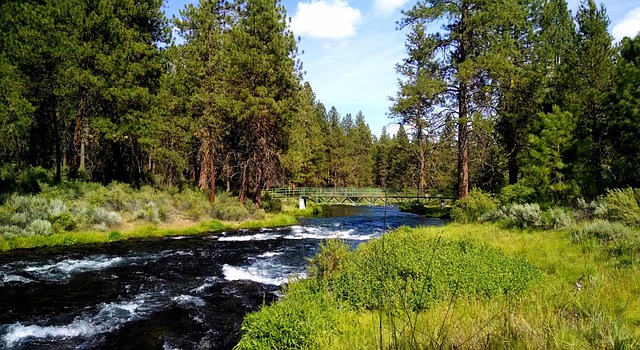After a loved one's death in Oregon, the initial steps involve creating and understanding a will (ensuring asset distribution per the deceased's wishes), filing it with the probate court to initiate proceedings, and appointing an executor who manages assets according to legal guidelines. Understanding these Oregon probate process steps, court procedures, and the Oregon probate timeline is essential for navigating the system, facilitating a smoother transition during a difficult time, and ensuring compliance with probate court Oregon requirements for an Oregon estate process.
“Unraveling the complexities of the Oregon probate process is essential for anyone planning their estate or navigating a recent loss. This comprehensive guide breaks down each step, from the initial actions after a person’s death to the crucial role of the probate court and the timeline involved.
Understanding these aspects ensures a smoother transition during what can be an emotionally challenging time. Whether you’re creating a will, appointing an executor, or simply curious about the Oregon probate process, this article offers valuable insights into the legal framework that governs estate administration in this state.”
- Initial Steps After Death: Creating a Will and Appointing an Executor
- – When a person passes away, what happens next?
- – Role of the Executor and their responsibilities
Initial Steps After Death: Creating a Will and Appointing an Executor

After a loved one passes away, the first steps in the Oregon probate process involve understanding and creating a will, and appointing an executor. This initial phase is crucial for ensuring that the deceased’s wishes are accurately reflected and their estate is managed properly. The process begins with the preparation of a valid will, which outlines how the individual’s assets should be distributed upon their death.
In Oregon, the will must be signed by the testator (the person making the will) in the presence of two or more witnesses who are not beneficiaries of the estate. Once executed, a copy of the will is filed with the probate court, which initiates the probate proceedings. Simultaneously, an executor is appointed to oversee the administration of the estate, manage assets, and ensure compliance with the terms of the will. Understanding these initial steps in the Oregon probate process is essential for navigating the timeline effectively and ensuring a smooth transition during this challenging time.
– When a person passes away, what happens next?

When a person passes away, their assets and liabilities don’t simply disappear; they become part of an estate. In Oregon, the probate process is the legal procedure that ensures the proper distribution of this estate according to the deceased’s wishes or, if there is no will, under state law. The first step involves filing a petition in the probate court of Oregon, initiating the official Oregon probate process steps. This includes gathering essential documents like the death certificate and any wills or trusts.
Once the petition is filed, a personal representative (often a named executor in a will) is appointed by the court to manage the estate. This person is responsible for identifying and valuing assets, paying debts and taxes, and distributing remaining assets as directed by the will or Oregon’s default rules. The entire Oregon probate timeline can vary depending on the complexity of the estate and whether there are any disputes, but it generally involves several key probate proceedings Oregon, including administration, distribution, and closure. Understanding these Oregon estate process steps is crucial for anyone navigating the probate court Oregon.
– Role of the Executor and their responsibilities

In the context of the Oregon probate process, the Executor plays a pivotal role in administering and overseeing the deceased’s estate. This includes managing the financial and administrative tasks associated with settling the estate according to the terms of the will or, if there is no will, in accordance with state laws. Their primary responsibilities encompass gathering and appraising assets, paying debts and taxes, and distributing the remaining assets to the beneficiaries as outlined in the will.
The Executor is also responsible for initiating and navigating the probate court proceedings in Oregon, ensuring all legal documentation is accurately filed and timely submitted. Understanding the Oregon probate timeline is crucial here, as it involves several steps including filing a petition, appointment of the Executor, inventorying assets, notification to creditors, and ultimately, distribution of the estate. Proficient knowledge of these probate proceedings Oregon is essential for a smooth and efficient execution of the estate process.






